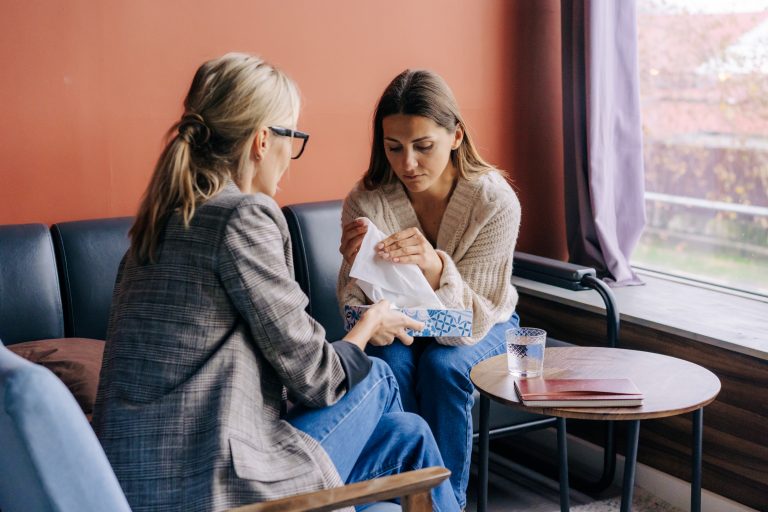Despite how things may feel after surviving a traumatic experience, everyone has the ability to live a meaningful and healthy life. No matter what you’ve gone through, healing is possible no matter the trauma of your past.
That isn’t to say healing is a simple task, or that it will feel easy long way. The road to healing has a lot of potential distractions and that seem like shortcuts and often the only way forward can be as small as doing the next right thing. It’s important to remember that healing from trauma is not always about a destination, but rather finding habits along the way that make the destination one worth getting to.
How to Grow Past Your Trauma
Everyone’s recovery will look different, and no two survivors of trauma are going to respond to treatment or therapy the same way. And that’s okay. Accepting what works for you and developing plans for your extended recovery is a great way to develop a plan for your future.
That being said, there are many common techniques and different habits that can help naturally develop your healing process. Some of those habits look like:
- Find Your Own Support Network – It’s important to make sure you have people around you that you can trust and talk to. Obviously, we should have a professional therapist, but it’s important to also have a support network that you can go to when things get hard and when old traumas resurface. If you don’t feel like you have that support of now, don’t try to build it all at once. Build your support network one trusted friend at a time.
- Educate Yourself on Common PTSD Triggers – For many who live with past traumas or post-traumatic stress disorder specifically, learning to look for and understanding your triggers is a vital part of your recovery process. Look for similar situations, sights, sounds, or even smells that can trigger memories of your trauma. Leaving these situations may not always be the only solution, but it’s good to know what affects you and how to respond to it before it triggers you.
- Plan for the Hard Times – Similar to learning your triggers, it’s important to develop plans for the rough parts of your life. Recovering from trauma can be a long process, and there are going to be days where it is harder than others. Having support or comfort plans ready for when you feel frustrated or burnt out by the healing process is an important part of your continual growth and healing.
- Put Your Self (Care) First – It may seem like a benign point, but taking care of yourself needs to always be your first priority. This can look like planning for the future and developing plans for your continued success, or it may look like taking a shower first thing in the morning and making sure you have a healthy meal for breakfast. Whether it is a yearlong plan or just taking things one day at a time, taking care of you should always be the focus.
- Give Yourself a New Vision for the Future – It can be hard at times to leave the past behind, even when your trauma is associated with it. But it can be incredibly beneficial to redefine yourself through new hobbies, experiences, or opportunities. Stepping outside of your comfort zone and trying something new can often result in a new realization of who you are becoming as your healing continues.
It can be very easy after living through a traumatic event to feel like that negative experience is going to be with you indefinitely. The best advice we can give is that it is going to take time to heal, but healing is going to be possible. Each day may not be easier than the day before, but the passing of time is essential to creating the perspective you will need to build healthy habits for the rest of your life. You have the power to develop your own journey of healing, and only you can take that away from you.

